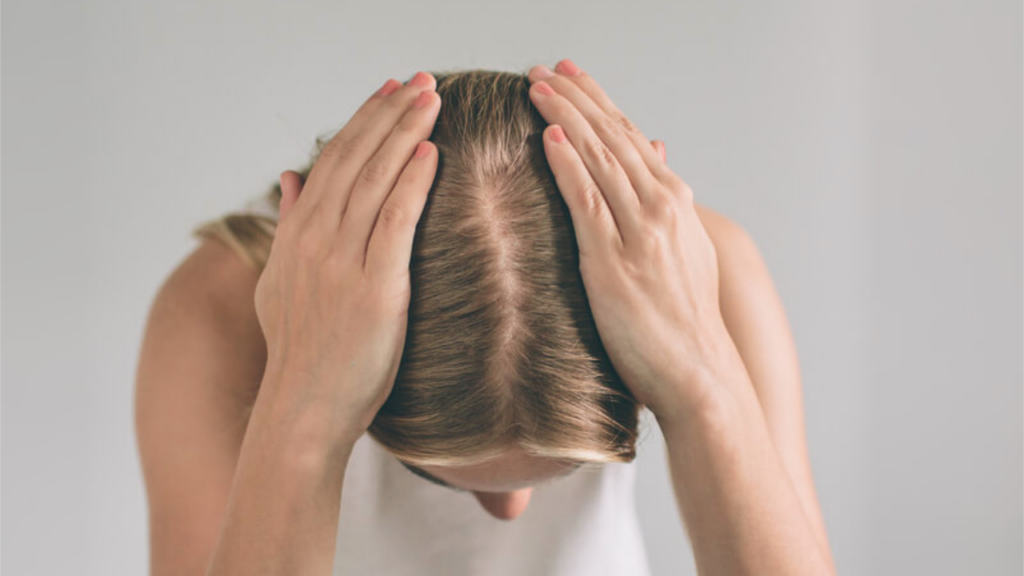
Hair thinning is a frequent concern that often brings patients to the cosmetic surgeon’s office, especially among women. In the United States alone, it’s estimated that 50 million men and 30 million women experience androgenetic alopecia, making it a prevalent issue. Identifying the root cause of hair thinning requires time and consideration, as it’s usually a diagnosis that involves excluding various factors. This includes conditions with foreign sounding medical terms such as androgenetic alopecia, telogen effluvium, anagen effluvium, alopecia areata, cicatricial alopecia, tinea capitus, hair shaft abnormalities, and hypotrichosis.
Recognizing Hair Loss
Hair loss is categorized into scarring or non-scarring alopecias (hair loss or balding), and the diagnostic process can be frustrating for patients, especially when blood tests, hair pull tests, or light microscopy show normal results. However, in some cases, a biopsy may provide the doctor with crucial insights. For the purpose of this discussion, we’ll focus on a common cause related to medications and explore whether recommendations for hair supplements and dietary modifications can aid in supporting healthy hair growth.
The Role of Medications in Hair Loss
Medications are known culprits for causing hair thinning or loss. It’s crucial to obtain a detailed history of current and past medications and supplements, as certain drugs can lead to anagen effluvium, resulting in hair shaft fractures. Chemotherapy drugs are a familiar example, causing non-scarring alopecia with the assurance that hair will regrow once the offending agent is removed. Other drugs inducing anagen effluvium include tamoxifen, allopurinol, levodopa, bromocriptine, and certain arthritis medications.
On the other hand, telogen effluvium, a more gradual hair loss, is associated with medications like retinoids, anti-depressants, high-dose NSAIDs, anti-coagulants, beta-blockers, and anti-thyroid medications. Despite the hair regrowth potential upon discontinuation of the drug, it may not always be feasible to stop taking the “offending” medication, due to the patient’s medical condition. In such cases, addressing the thinning through supplements and diet modifications becomes an option worth considering.
The Role of Nutritional Supplements
While a balanced diet is crucial for overall health, it may not always fulfill the body’s demands for optimal hair growth. Nutritional deficiencies, such as low ferritin levels leading to low iron levels, are known causes of hair loss. Other deficiencies include zinc, niacin, fatty acids, selenium, vitamins A, D, and E, folic acid, biotin, amino acids, proteins, and antioxidants. Incorporating foods like eggs, seeds, fish oils, berries, bone broth, and seaweed can help prevent hair loss. Conversely, avoiding DHT (dihydrotestosterone)-increasing foods like alcohol, processed foods, and sugars is recommended.
The billion-dollar hair supplement industry often attracts patients seeking a “quick fix “before consulting professionals. In 2020, over 80% of women aged 18 to 39 used hair supplements, according to a retrospective study. However, the efficacy of these supplements is a subject of controversy. While some studies suggest positive outcomes for brands like Viviscal, Nourkrin, Nutrafol, and others, more research, particularly large randomized clinical trials, is needed for a conclusive understanding of their safety and efficacy.
.
Follow us on Facebook for more tips on health and wellness every week.
.
For information on procedures and wellness, visit our collection of free, downloadable eBooks